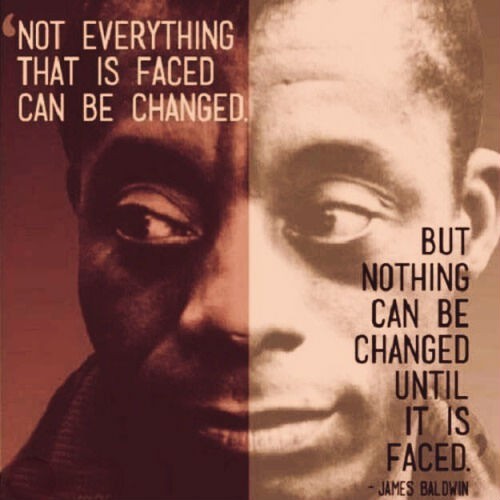Visibility Equals Power
Artel Great
Visibility equals power. Period. You cannot find solutions using the same consciousness that created the problem. Can the unseen filmmaker claim to exist in a world where Main Street starves and Wall Street eats? Not at all. You cannot change a dream from inside, you must step outside of the dream to change it. The question becomes how do multicultural image-makers increase their media visibility in order to connect directly with communities who care most. My work with Project Catalyst continues to tackle this pressing issue. We’re pioneering a digital settlement in the wild west of the web, offering an uncompromising signature destination for art passionate, tech savvy, socially aware, multicultural millennials who yearn for a mediascape where creators and connoisseurs can connect, voice, see, and hear fresh perspectives reflecting our diverse society.
Artel Great, Project Catalyst, Technology and the Future of Multicultural Entertainment
Recently, I was invited to participate in Urbanworld Digital, a New Media program held at the HBO Theater in New York City. The one-day event served as a digital media conference that focused on addressing the impact of technology on the creation and marketing of new media content. Executives ranging from HBO to YouTube and various film and media professionals shared their expertise as a primer for the 18th Annual Urbanworld Film Festival.
My presentation highlighted the role of Project Catalyst in ushering in a brighter future for multicultural entertainment. Our disruptive model thrives outside of the dominant system. Through our advancements in new technology and strategic focus on audience building we find ourselves at a moment impregnated with empowering possibilities.
By focusing on real-world issues, we’ve found real-world answers with the Project Catalyst Multicultural Movie & Music App. We’ve heard from a global audience on 6 different continents now spanning 32 countries and counting. Take a look at the map below to see where the app's growth is most rapid. Project Catalyst App users around the world have demonstrated their interest in liberating the multicultural image from the shadows of dominant media culture. We are currently working to uncover even more solutions. My commitment is to bringing communities progressive content curated to empower, illuminate, and inspire. Together we can open new windows of opportunity for content creators to expand the reach of their work and for diverse audiences to stay on the cutting edge of indie film, music, and art. Together we can increase our media visibility--- not only for this generation, but for the sake of a better multicultural future.
The 32 countries that are currently watching content on the Project Catalyst Multicultural Movie & Music App
So if you’re only watching broadcast, cable TV, or Hollywood film, you’re missing out on really amazing artistic works. Take control of your image and download the Project Catalyst App. You’ll see a better world.






